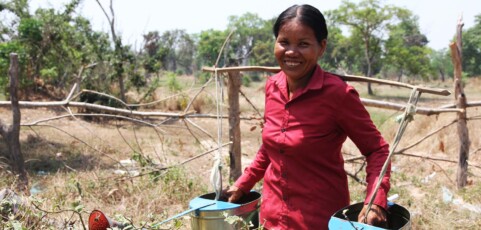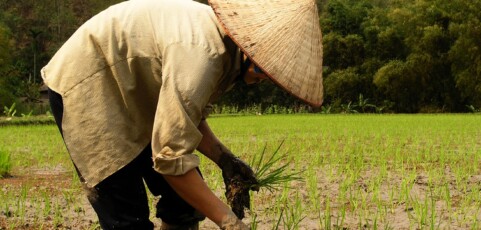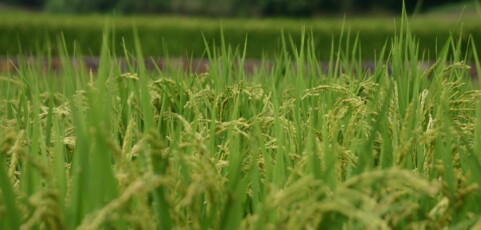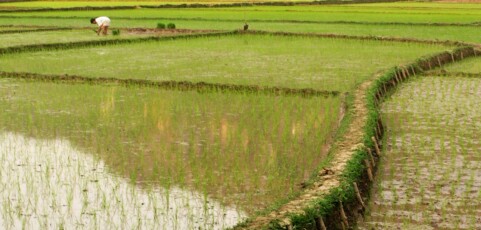This contribution discusses access and benefit sharing within the context of participatory plant breeding. It presents how Chinese farmers and breeders interact in relation to crop improvement and on-farm maintenance of plant genetic resources. Based on more than a decade of action research, a number of institutional changes were accomplished as a result of the interactions between national and provincial breeding institutes, rural development researchers and local maize farmers. Although the respective legislation in China is not yet adequately formulated, access and benefit sharing can still be addressed in contracts and by labelling products of a particular geographic origin.
Climate Resilience Sustainable Agriculture Experiences
This document summarises case studies from ten countries through ActionAid’s approach to climate resilient sustainable agriculture, which incorporates agroecology in a human rights framework. Based on these experiences ActionAid recommends to increase investment in agroecology, as part of a comprehensive human rights based approach: Read more
The Agro-ecological Village Development Model: Experiences in the Philippines and China
An agro-ecological approach to rural development in the Philippines and China, devloped by Resource Efficient Agricultural Production Canada (REAP-Canada).
Rice Transplanting in the Tai Lake Region of China
Farmers transplant paddy rice to increase the growing period for winter crops and reduce irrigation.
Using Human Manure (“nightsoil”) in the Tai Lake Region of China
Read More“Oufei” Wet composting in the Thai Lake Region of China
Traditional farmers make an anaerobic compost called “oufei” using canal sediments, legume green manures, crop residues and animal manures as a fertilizer for rice.







